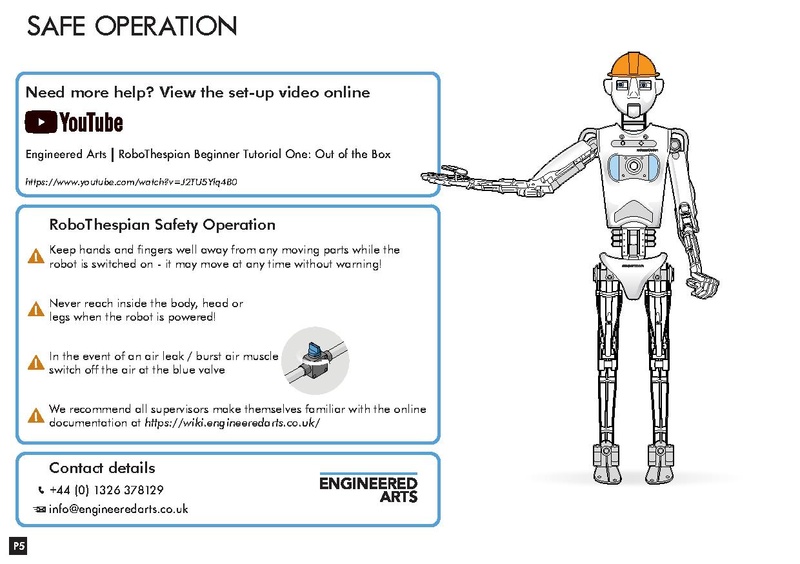
The Opportunities and Challenges of SME Manufacturing Automation: Safety and Ergonomics in Human–Robot Collaboration | SpringerLink
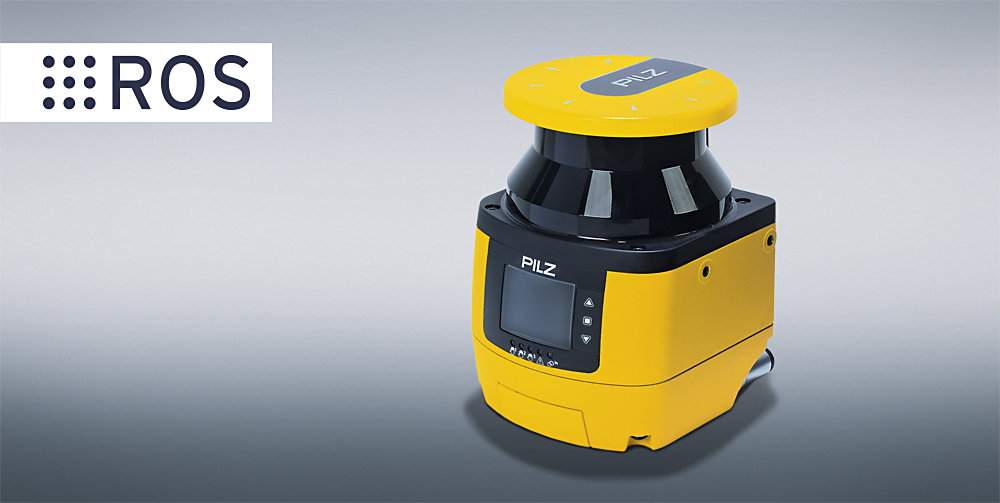
Safety laser scanners PSENscan from Pilz now with ROS package for dynamic navigation in production logistics - Simple, more dynamic navigation! - Pilz IE

Survey on human–robot collaboration in industrial settings: Safety, intuitive interfaces and applications - ScienceDirect

Robotics | Free Full-Text | Validating Safety in Human–Robot Collaboration: Standards and New Perspectives
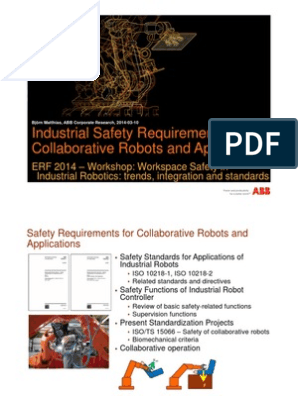
Industrial Safety Requirements For Collaborative ROBOTS and Applications - ERF2014 | PDF | Robot | Robotics


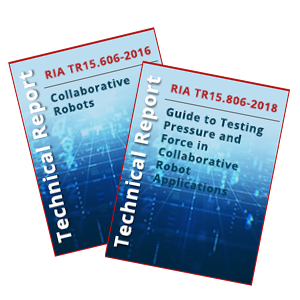


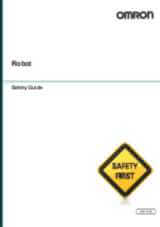





![Read [PDF] Human-Robot Interaction: Safety, Standardization, and Benchmarking Full Books Read [PDF] Human-Robot Interaction: Safety, Standardization, and Benchmarking Full Books](http://online.anyflip.com/qfofo/ppuv/files/thumb/1.jpg?1604544518)







